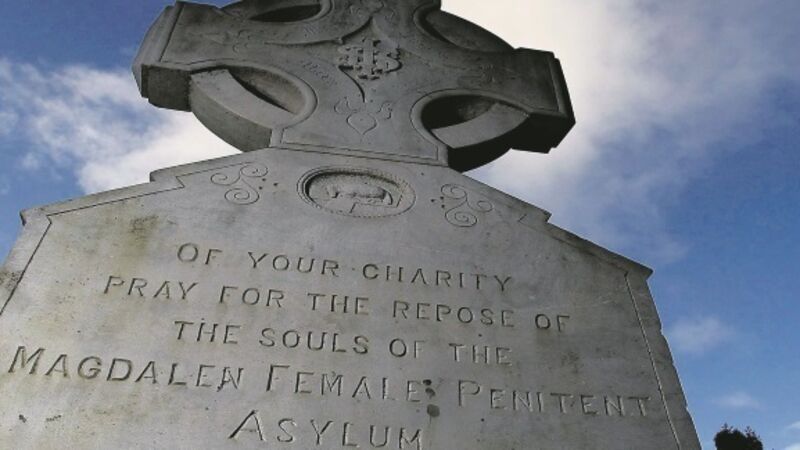Comment: Compensation for Magdalene survivors remains unresolved five years on

Over five years on from Enda Kenny’s State apology to the Magdalene Laundry women, the issue of the redress scheme to compensate those women is still making the headlines.
The scheme was widened following an Ombudsman report in November 2017, which found the department had wrongly refused some Magdalene survivors access to redress payments.













